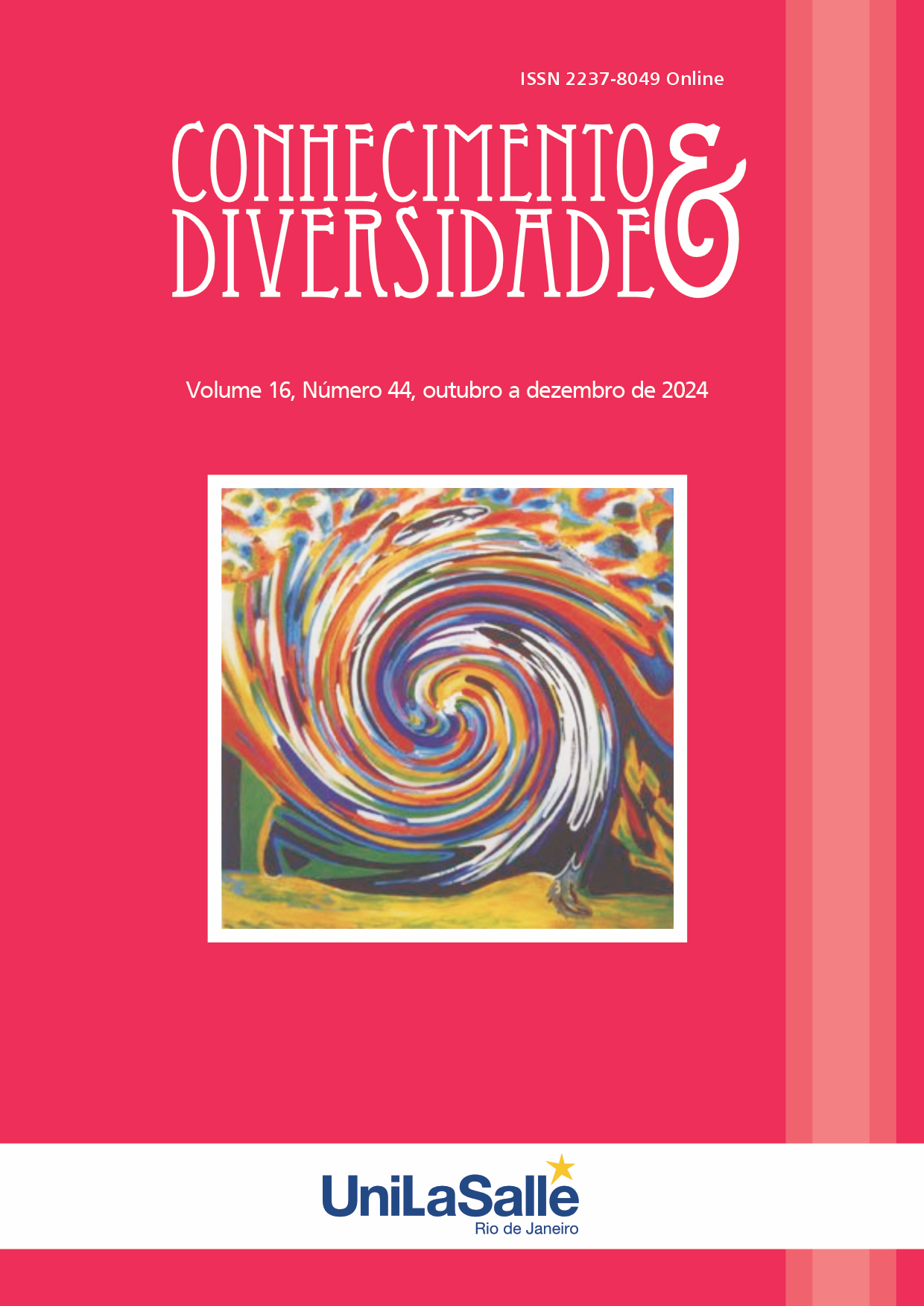THE ROLE OF CULTURALLY RELEVANT INSTRUCTION IN ENHANCING SOCIAL-EMOTIONAL LEARNING FOR MARGINALISED STUDENTS
DOI:
https://doi.org/10.18316/rcd.v16i44.12267Palabras clave:
Culturally Relevant Instruction, Social-Emotional Learning, StudentsResumen
This paper explores the intersection of culturally relevant pedagogy and social-emotional learning (SEL) to foster engagement, belonging and improved outcomes among marginalised elementary school students. Using a qualitative case study approach, this study examines how integrating culturally tailored teaching practices with SEL frameworks positively impacts emotional and social development. Data collected through classroom observations, teacher interviews, and student surveys highlight the significant role of culturally relevant SEL in addressing systemic inequities and promoting inclusive learning environments. The findings suggest that culturally aligned SEL programmes improve academic engagement and strengthen students' sense of identity and community. The recommendations focus on expanding culturally responsive teaching practices and incorporating them into SEL professional development programmers.
Citas
Banks, J. A., & Banks, C. A. M. (Eds.). (2019). Multicultural education: Issues and perspectives. John Wiley & Sons.
Braun, V., & Clarke, V. (2006). Using thematic analysis in psychology. Qualitative Research in Psychology, 3(2), 77–101. https://doi.org/[DOI]
Cefai, C., Bartolo, P. A., Cavioni, V., & Downes, P. (2022). Social and Emotional Learning in Schools: Promoting Mental Health and Wellbeing. [Publisher].
Cressey, J. (2019). Developing culturally responsive social, emotional, and behavioral supports. Journal of Research in Innovative Teaching & Learning, 12(1), 53-67.
Gay, G. (2018). Culturally Responsive Teaching: Theory, Research, and Practice (3rd ed.). Teachers College Press.
Hammond, Z. (2015). Culturally Responsive Teaching and the Brain: Promoting Authentic Engagement and Rigor among Culturally and Linguistically Diverse Students. Corwin.
Howard, T. C. (2003). Culturally relevant pedagogy: Ingredients for critical teacher reflection. Theory into practice, 42(3), 195-202.
Ladson-Billings, G. (1995). Toward a theory of culturally relevant pedagogy. American Educational Research Journal, 32(3), 465–491. https://doi.org/[DOI]
Nieto, S. (2010). The Light in Their Eyes: Creating Multicultural Learning Communities. Teachers College Press.
Oberle, E., & Schonert-Reichl, K. A. (2017). Social and emotional learning: recent research and practical strategies for promoting children’s social and emotional competence in schools. Handbook of social behavior and skills in children, 175-197.
Pines, [First Initial]. (2022). [Title of Work]. [Publisher].
Rivas-Drake, D., Umaña-Taylor, A. J., & Schaefer, D. R. (2020). Ethnic-racial identity and adjustment: A meta-analysis. Developmental Psychology, 56(6), 1078–1091. https://doi.org/[DOI]
Taylor, R. D., Oberle, E., Durlak, J. A., & Weissberg, R. P. (2017). Promoting positive youth development through school-based social and emotional learning interventions: A meta-analysis of follow-up effects. Child Development, 88(4), 1156–1171. https://doi.org/[DOI]
Descargas
Publicado
Número
Sección
Licencia
Derechos de autor 2024 Lu Zhou, Hafizah Che Hassan

Esta obra está bajo una licencia internacional Creative Commons Atribución 4.0.
Tal como recomienda el Public Knowledge Project, RCD adopta para sus artículos una licencia CREATIVE COMMONS: Attribution CC BY 4.0
Esta licencia permite que otros distribuyan, remezclen, adapten y desarrollen su obra, incluso con fines comerciales, siempre que le atribuyan a usted el mérito de la creación original.
Esta es la licencia más adecuada que se ofrece.
Recomendado para la máxima difusión y utilización de los materiales bajo licencia.



